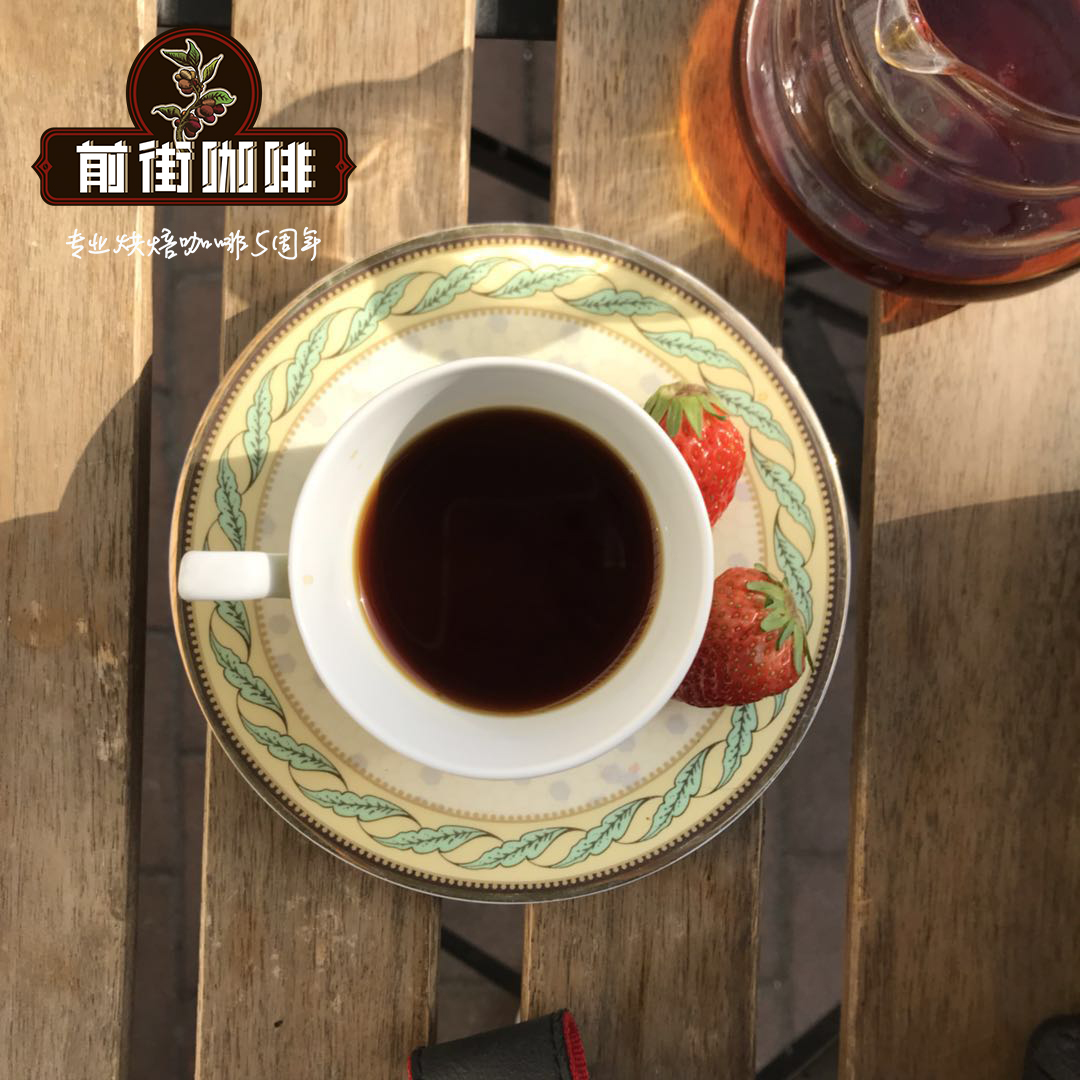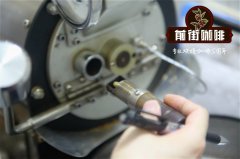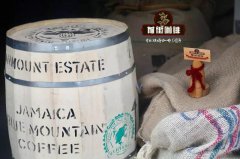Sun drying geisha coffee raw bean price sun drying geisha coffee planting environment and flavor characteristics

Professional coffee knowledge exchange more coffee bean information please follow the coffee workshop (Wechat official account cafe_style)
90 + Bossi N2 Ninety Plus Perci N2
National Family: Panama
Production area: Silla Del Pando, Volcan
Sea pull: 1250Mutual 1650m
Product type: Geisha
Treatment: N2
Grade: Level 39
The name Percy Perci comes from "insight Perspective".
It describes the ability to observe all sensory stimuli during coffee evaluation.
Perci has a very complex flavor spectrum, including mango, pineapple, longhorn bean, plum, red grape, peach, red ginger, honey, tropical fruit, we think this is not just a geisha, but a combination of Ethiopian sun flavor, because the complex performance has exceeded the general understanding of the flavor of citrus, jasmine obvious geisha, this is a multi-layered coffee bean with rich fruit flavor.
In 2013, the price of sun-dried geisha coffee and raw beans is more than 6000 yuan per kilogram. I am glad that the price is less than 4000 yuan this time. The quality is different from that of more than 6000 yuan sun-dried geisha coffee, so it is worth tasting.
Ninety plus is an internationally renowned coffee bean production and sales company, and is famous for providing rare and unique raw coffee beans.
Joseph Brodsky officially founded Ninety plus in 2007, and since the next year, we can compete in coffee competitions around the world, large and small.
Seeing the trail of Ninety plus winning, among the six finalists of the WBC World Barista Competition in 2013, contestants from Italy, South Korea and Canada used Ninety plus raw beans.
Exquisite cultivation and processing of raw beans, excellent coffee varieties and unique grading system make Ninety plus a top and unique representative of raw beans in the market.
Ninety plus exquisite cultivation and treatment of raw beans
Profile Processing system
Develop a Profile Processing system for each bean tailored, planting, harvesting, processing and other processes, and through a cup test and correction, exactly let each bean, give play to its unique fruit flavor.
In 2004, with the rise of geisha in Panama, the unique aroma set off an upsurge in the search for excellent varieties all over the world. Joseph Brodsky, like other raw bean producers, researchers and enthusiasts, went deep into the remote mountains of Ethiopia and went to the wild primeval forest where coffee originated in search of Geisha tree species.
Although he didn't get what he wanted in the end, he believes that in so many native forests, there are still many excellent and unknown native species.
It may not be discovered because the remoteness has not been discovered, or because it has not been carefully treated and cultivated.
So the next year Joseph Brodsky immediately invested a lot of effort in Ethiopia, he looked for valuable coffee beans and worked with local estates to improve and refine the raw bean treatment process, and to develop a Profile Processing raw bean system so that each bean can play its complete flavor.
In 2009, Joseph Brodsky began to grow native Ethiopian geisha in Panama. He bought land, created a "Ninety Plus Geisha Estate" estate, and built Ninety plus Sensory Room at the same time. In recent years, he has developed SolkilnTM special treatment, and Ninety Plus, which has been innovative in every aspect of raw bean processing, has taken the lead in the coffee boutique market.
Ninety plus unique flavor classification and password classification
Ninety Plus coffee is classified according to "fruit flavor intensity", which is different from the traditional classification of Washed, Honey and Natural. It also has three items W2, H2 and N2, but different treatments create different levels of fruit flavor, so you may drink sun-treated or water-washed coffee beans in the classification of honey flavor "H2".
W2 = washing flavor
H2 = honey-treated flavor
N2 = naturally treated flavor
Important Notice :
前街咖啡 FrontStreet Coffee has moved to new addredd:
FrontStreet Coffee Address: 315,Donghua East Road,GuangZhou
Tel:020 38364473
- Prev

Which method is more convenient to make iced mocha coffee in shaker VS traditional iced mocha
Professional coffee knowledge exchange more coffee bean information please follow the coffee workshop (Wechat official account cafe_style) the advantage of making ice mocha in a shaker is that milk espresso chocolate can get better fusion ingredients: freshly roasted Italian blend beans 30g, 200ml whole milk, 2 oz chocolate sauce, a little cream, ice step: 1. Concentrate first.
- Next

Characteristics and stories of Kilimanjaro Coffee Bean planting Environment and mellow Coffee
Professional coffee knowledge exchange more coffee bean information please follow the coffee workshop (Wechat official account cafe_style) Kilimanjaro Coffee (Kilimanjaro Coffee) is produced in Mount Kilimanjaro, the highest mountain in Africa in northeastern Tanzania. Its coffee is of good quality, rich aroma and outstanding sour taste, so it is suitable for the preparation of comprehensive coffee. Kilimazza
Related
- Detailed explanation of Jadeite planting Land in Panamanian Jadeite Manor introduction to the grading system of Jadeite competitive bidding, Red bid, Green bid and Rose Summer
- Story of Coffee planting in Brenka region of Costa Rica Stonehenge Manor anaerobic heavy honey treatment of flavor mouth
- What's on the barrel of Blue Mountain Coffee beans?
- Can American coffee also pull flowers? How to use hot American style to pull out a good-looking pattern?
- Can you make a cold extract with coffee beans? What is the right proportion for cold-extracted coffee formula?
- Indonesian PWN Gold Mandrine Coffee Origin Features Flavor How to Chong? Mandolin coffee is American.
- A brief introduction to the flavor characteristics of Brazilian yellow bourbon coffee beans
- What is the effect of different water quality on the flavor of cold-extracted coffee? What kind of water is best for brewing coffee?
- Why do you think of Rose Summer whenever you mention Panamanian coffee?
- Introduction to the characteristics of authentic blue mountain coffee bean producing areas? What is the CIB Coffee Authority in Jamaica?

